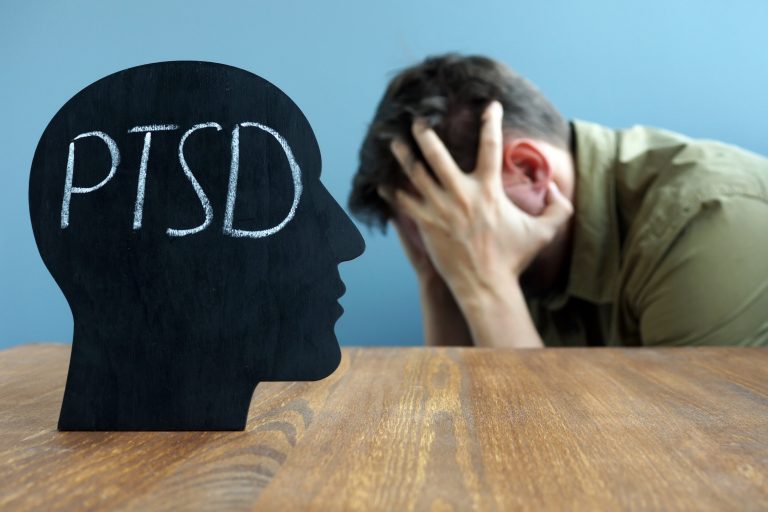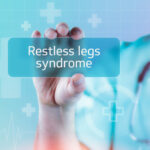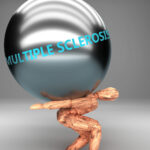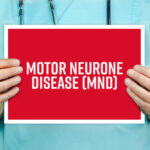Post Traumatic Stress Disorder — or PTSD — is a complex psychological condition that typically affects those who have experienced a stressful, frightening, or distressing event.
Some diagnosed with PTSD will experience intense and disturbing flashbacks to a particular event or time in their life long after it has passed. This event can be anything from a combat situation (‘shell shock’ was the name commonly given to WWI and WWII veterans suffering from PTSD) to a road accident.
PTSD is an anxiety disorder. Other examples of anxiety disorders include Generalised Anxiety Disorder (GAD), Obsessive Compulsive Disorder (OCD), social anxiety, and phobias. As is the case with all psychological conditions, symptoms can vary from person to person. Someone diagnosed with PTSD may experience intrusive feelings of panic similar to how they felt during the traumatic event. Other symptoms can include:
- Avoidance: People and places associated with the specific event (or events) can bring up unwanted memories. Patients may go out of their way to avoid certain locations or individuals.
- Changes in mood: PTSD sufferers commonly report feelings of irritability, a lack of concentration, negative thoughts and feelings about themselves, and isolation.
- Insomnia or sleep plagued by nightmares.
Medical cannabis and psychiatry
Following the legalisation of medical cannabis in countries such as the United Kingdom, Australia, Germany, Italy and Canada, investigations have begun to see how it may be helpful in the treatment of psychiatric disorders such as PTSD, depression and anxiety.
Medical cannabis products are derived from the cannabis plant, which contains over a hundred different cannabinoids and other compounds that are believed to contribute to its effects. Of these, there are two major cannabinoids, delta-9-tetrahydrocannabinol (THC) and cannabidiol (CBD), which are believed to interact with our endocannabinoid system (ECS). The ECS is a key signalling system in the body, involved in regulating several different processes including sleep, mood, appetite and memory.
Endocannabinoid receptors, known as CB1 and CBD2, are found extensively throughout key structures in the brain involved in the modulation of mood, including the prefrontal cortex, amygdala and the hippocampus.
Studies have suggested that PTSD may be linked to an endocannabinoid deficiency. Medical cannabis may help to alleviate symptoms by helping to modulate this deficiency.
In addition to this, CBD may help in reducing anxiety by binding to receptors known to play a role in the regulation of fear and anxiety-related behaviours. THC has been shown to have positive effects in sleep and may be beneficial for patients suffering from insomnia linked to their PTSD.
Medical cannabis for PTSD treatment
Medical cannabis in the UK is not used as a first line treatment. It is a potential option for patients who have known diagnosis and tried multiple different treatment strategies.
MyAccess Clinics team of experienced specialists will be able to determine whether medical cannabis for PTSD treatment is an appropriate strategy for your situation. Factors that may affect your eligibility include your medical history, the types of treatment strategies you have tried to date, and how you have responded to other pharmaceutical products.
Medical cannabis is like any other prescription medication in that some patients may experience side effects, including nausea, increased heart rate, headaches, dizziness, and more. Your consultant will discuss these with you and advise if there are certain activities you should avoid while taking CBPMs.
For more information about MyAccess Clinics, our services, and the types of psychological conditions medical cannabis may be prescribed for, contact our friendly team today.





